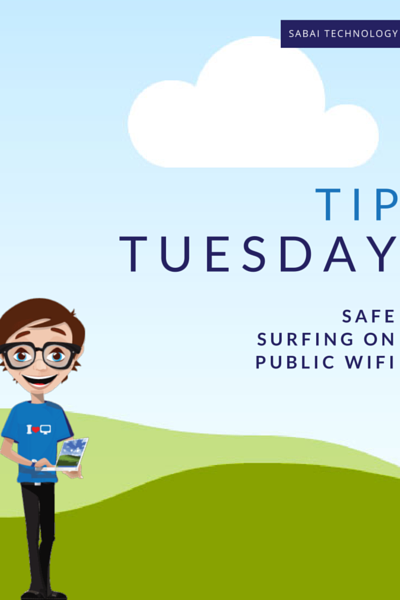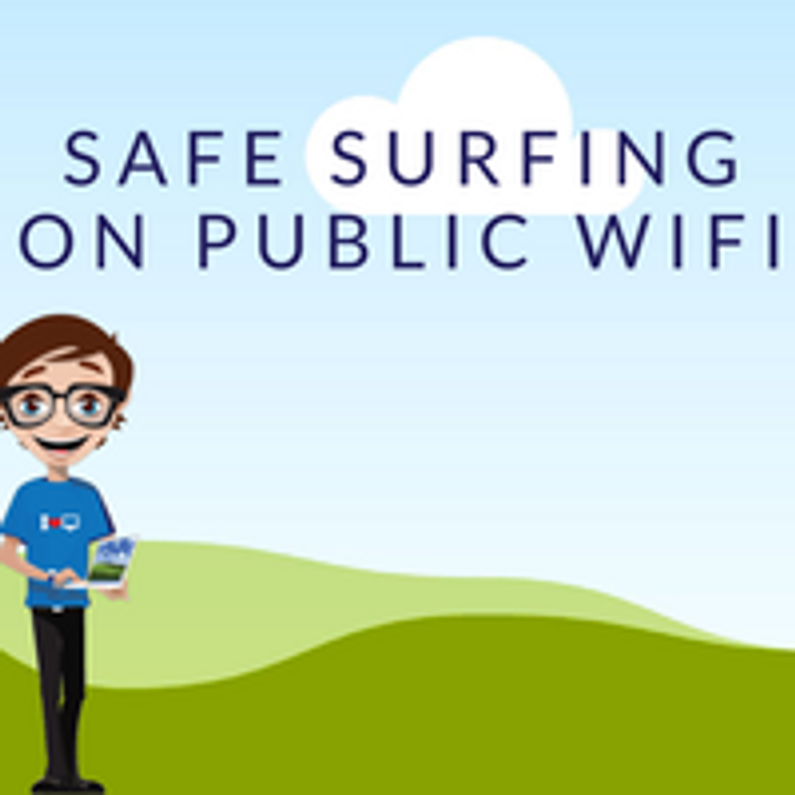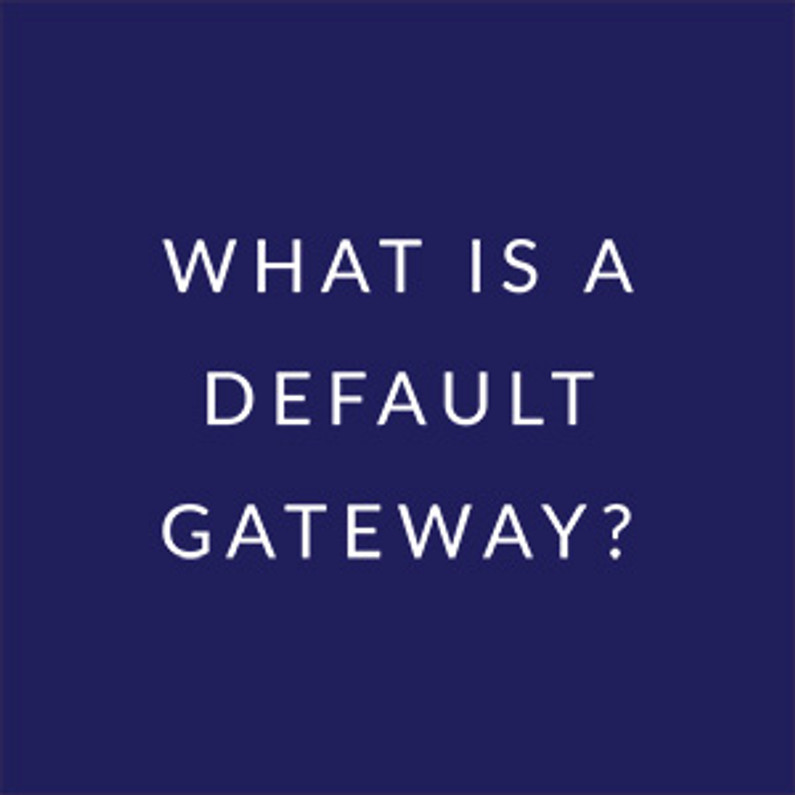The 6 Best Ways to Surf Safely on Public Wi-Fi
 Public Wi-Fi is a plus for many people, anyone who travels, or simply wants to catch up on their surfing or even a little work while enjoying an hour or two in a coffee shop or having lunch. Being able to connect almost anywhere is convenient, and helps users keep their cellular data limits lower, possibly avoiding overage fees.
Public Wi-Fi is a plus for many people, anyone who travels, or simply wants to catch up on their surfing or even a little work while enjoying an hour or two in a coffee shop or having lunch. Being able to connect almost anywhere is convenient, and helps users keep their cellular data limits lower, possibly avoiding overage fees.
However, you should be aware that if you use a public Wi-Fi connection without taking some precautions, you are vulnerable to strangers snooping at what you are doing, and possibly being able to hack your bank or credit card account.
In some cases, hackers will use routers and different types of software to set up their own hot spots, so that when you connect to what you think is the local restaurants Wi-Fi, you are actually connecting to theirs so that they can steal your details, spy on what you are doing, and display fake websites.
Fortunately, it is easy to protect yourself by following these tips:
Don’t Automatically Connect
It is convenient when your laptop, tablet, or even smart phone connect automatically to your home or work networks. However, it can cause problems when you are visiting other places with Wi-Fi.
Hackers generally give their hotspots nonspecific names such as Linksys, Coffee Shop, or AT&T Wireless. If you connect automatically, you could easily connect to these networks instead of the actual business network.
It is a good idea to change the settings on your devices so that you have to manually join public networks. Then if you are unsure, check with an employee that you are connecting to the right one.
It is normal to think that a password protected Wi-Fi is safe, but unfortunately, that is not always the case. Passwords are fantastic for your home network, but on a public network where anyone can join, once a hacker has the password, he or she is able to access all unprotected devices on the network.
Turn off Sharing
If you are using a laptop, you may have it set up to share files and folders with other computers at home or at work. Make sure that you turn this setting off when you are connected to a public network.
Windows makes it very easy by asking you for the location type when you first connect to a public hotspot. Simply set it to public and your sharing settings will automatically be set for maximum security.
On a Mac, go to System Preferences – Sharing and then ensure all the boxes related to sharing are unchecked. Just do not forget to check them again when you get back to work or home.
Do Your Mobile Banking and Shopping at Home
For security reasons, it is best to wait until you are at home to do any online shopping or banking. If you must do any banking or shopping while you are out, use a cellular connection instead of Wi-Fi, but remember to stay under your data limit.
Whenever you are banking, make sure you use your banks official app and sign up for any additional security measures they may offer.
For additional security, most banking and shopping sites use SSL encryption. This scrambles all information that goes from your device to their server. To check for SSL encryption, look for websites that begin with HTTPS and have a padlock icon in the address bar.
Additionally, ensure that your email program and social media accounts are configured to use secure HTTPS browsing.
Install Security Software
Every computer, gadget, or device that you use to access the Internet, whether it is from home, work, or a public setting should have security software installed. Your laptop should have the same anti-virus, firewall, and anti-spyware protection that your home computer has.
Your mobile devices should also be protected and most anti-virus manufacturers also offer a mobile app, and there are plenty of other security apps available for all mobile operating systems.
Get a VPN
Using a VPN is the most secure way to use a public network. It routes your traffic through a secure network, even when you are using public Wi-Fi. This gives you all the security of your private home or work network while being able to use public Wi-Fi.
There are plenty of free VPN services available however, a paid service guarantees the integrity of the connection.
Be Aware of Your Surroundings
Not all dangers are high tech, and someone could easily look over your shoulder and watch what you are doing in the hopes that you reveal some personal information. It is known as shoulder surfing and has worked for many years.
Recent Posts
-
What You Need to Know to Donate Safely Online
Cybersecurity has become an increasingly critical issue in the digital age. For instance, in 2016, m …Mar 10th 2022 -
What is a Default Gateway?
A default gateway is where all your internet traffic goes first before leaving your network. That’s …Jan 4th 2022 -
Essential Cybersecurity Tools Every Business Needs
IT infrastructures across organizations are now more complex than ever. Given the increasing number …Nov 29th 2021




